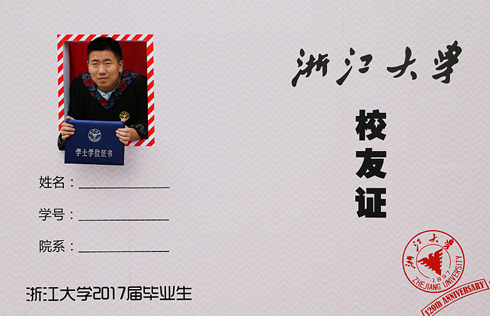China's VAT reform helps expand cooperation in Belt and Road Initiative
XI'AN - A resort hotel in Yangling, an agricultural high-tech demonstration zone in Northwest China's Shaanxi province, has seen its tax drop by 670,000 yuan ($101,200) since May last year. The company's revenue was 20 million yuan during the same period.
The same was also seen in Yuchai Group, a leading machine manufacturer in South China's Guangxi Zhuang autonomous region, whose tax burden was cut by 70 million yuan last year.
All these changes would not take place had a nationwide value-added tax reform not been implemented in May last year. The reform replaced all business taxes with value-added tax, the most significant tax overhaul in China for two decades.
Across the country, this aggressive tax cut has saved 1.6 trillion yuan of taxes for businesses since it was first introduced in 2012. From May 2016 to June 2017, taxes were reduced by over 850 billion yuan.
Benefiting from the VAT reform, Yuchai Group was able to invest more in R&D and further explore the overseas market.
In the first half of 2017, Yuchai sold over 2,000 natural gas engines to Myanmar, and a further 3,000 to Saudi Arabia, Kuwait and Pakistan. The company expects to export 55,000 engines this year, a 22 percent increase from 2016.
"Overseas markets have become the fastest growing market for Yuchai," said Yan Ping, board chairman of the group.
Foreign companies like German company Siemens that want to tap business opportunities in China are also enjoying the same privileges. Siemens hires more than 32,000 employees in China, which has become its second biggest overseas market following the United States.
"The VAT reform solved the problem of double taxation in the past, and since its implementation last May our tax cost has dropped dramatically," said Zeng Dali, financial manager of Siemens China.
The tax reform also helps companies exploring market potential in countries involved in the Belt and Road Initiative.
Since the tax reform began, a subsidiary of Guangxi Construction Engineering Group was exempted from 51 million yuan of taxes.
With this, the company was capable of expanding business in Asia, Africa, Latin America as well as Europe. In 2016 alone, the company took over projects with a combined value of more than 2.79 billion yuan.
"The VAT tax reform is a big red packet for us," said a financial executive at the company.
Tax departments in China are working closely with their counterparts in Belt and Road countries under the newly-introduced tax structure. For instance, a technological system is being established to assist overseas companies to enjoy tax benefits when they participate in Belt and Road projects.
As of April this year, China has signed bilateral tax agreements with 54 countries along the Belt and Road.
"The VAT reform has pressed a fast-forward button on infrastructure connectivity among countries under the Belt and Road Initiative," said Hu Yijian, professor at Shanghai University of Finance and Economics. "In the construction sector alone, the number of overseas project contracts Chinese companies obtained in 2016 has hit a three-year high."
To set up a sound, pro-business environment, the Chinese central government aims to further streamline taxation procedures and introduce information technology to make them easier and more efficient.
It will also improve various sectors, including manufacturing, finance and construction, optimize tax structure and set a reasonable tax rate.
"With collaboration and exchange becoming more frequent among Belt and Road countries, China's tax authorities are devoted to deepening international tax cooperation and optimizing the service for these enterprises," said Qian Guanlin, chairman of the Chinese Tax Institute.

























